10 ways your house may be stressing you out, according to science
You might not realize it, but your house could be wearing you down more than you think. Science shows that certain sights, sounds, and even smells in your home can quietly raise your stress levels over time.
Cluttered rooms, harsh lighting, or the constant hum of appliances all send signals your brain has to process—and it adds up.
The good news is, once you know what to look for, you can fix it. Here are ten ways your home might be stressing you out, according to research, and how to turn it around.
Clutter Overload
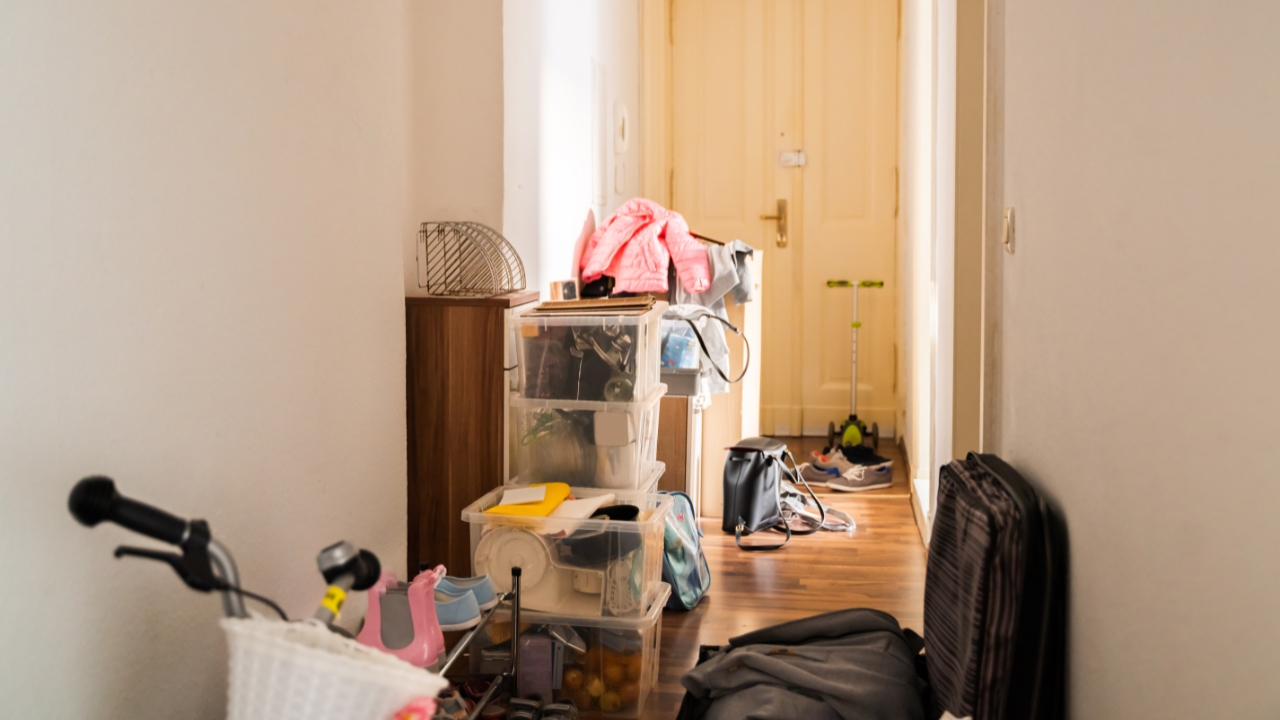
Feeling overwhelmed by all the stuff around you? You’re not alone. Clutter can lead to increased stress levels as it bombards your mind with excessive stimuli, which can make it harder to relax.
According to HuffPost, clutter overload can also diminish your productivity and creativity. If you’ve got a pile of clothes on that chair in your bedroom or a desk that’s more mess than workspace, it might be time to tidy up. Start small, maybe a drawer or a corner at a time, and you’ll likely notice a psychological boost.
Noise Pollution
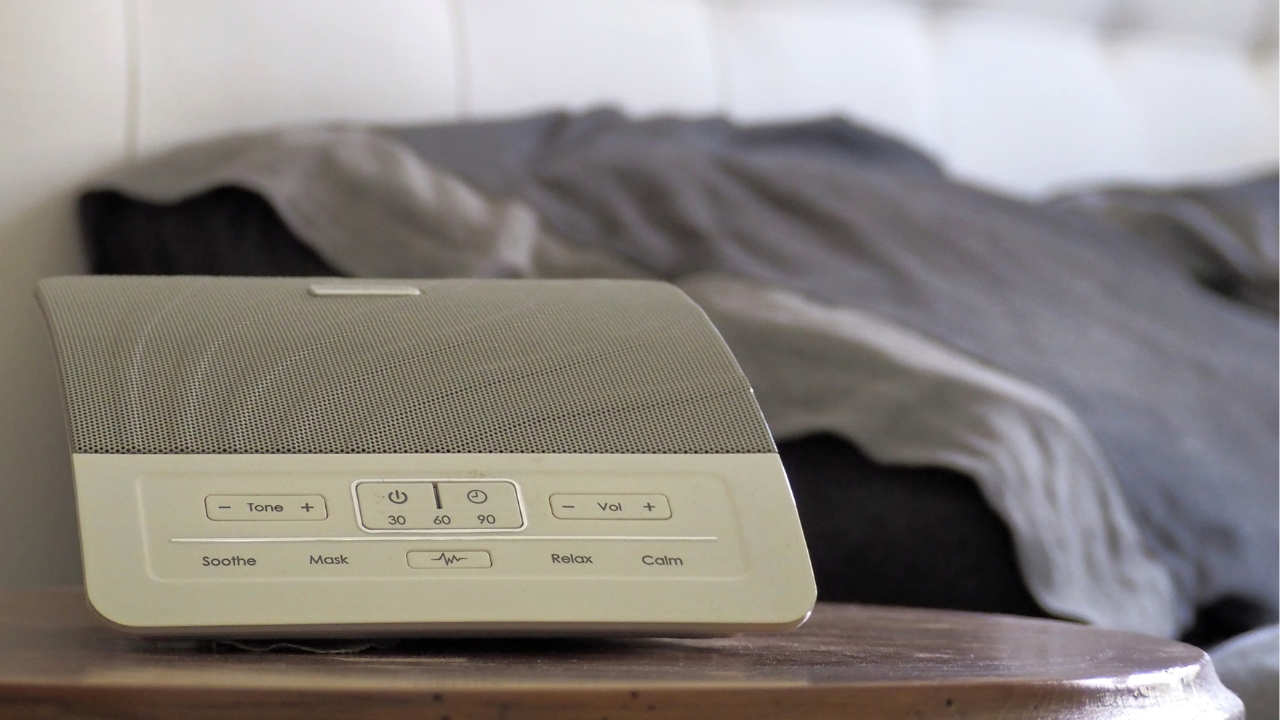
Think noise pollution is just a city problem? Think again. Unwanted sounds at home can significantly impact your mental health. Studies suggest that continuous exposure to noise, even at low levels, can raise stress and anxiety levels.
Whether it’s the hum of traffic or your neighbor’s loud music, these sounds can keep your stress hormones elevated. A practical solution? Consider soundproofing your space with thicker curtains or using a white noise machine to drown out the chaos.
Poor Lighting
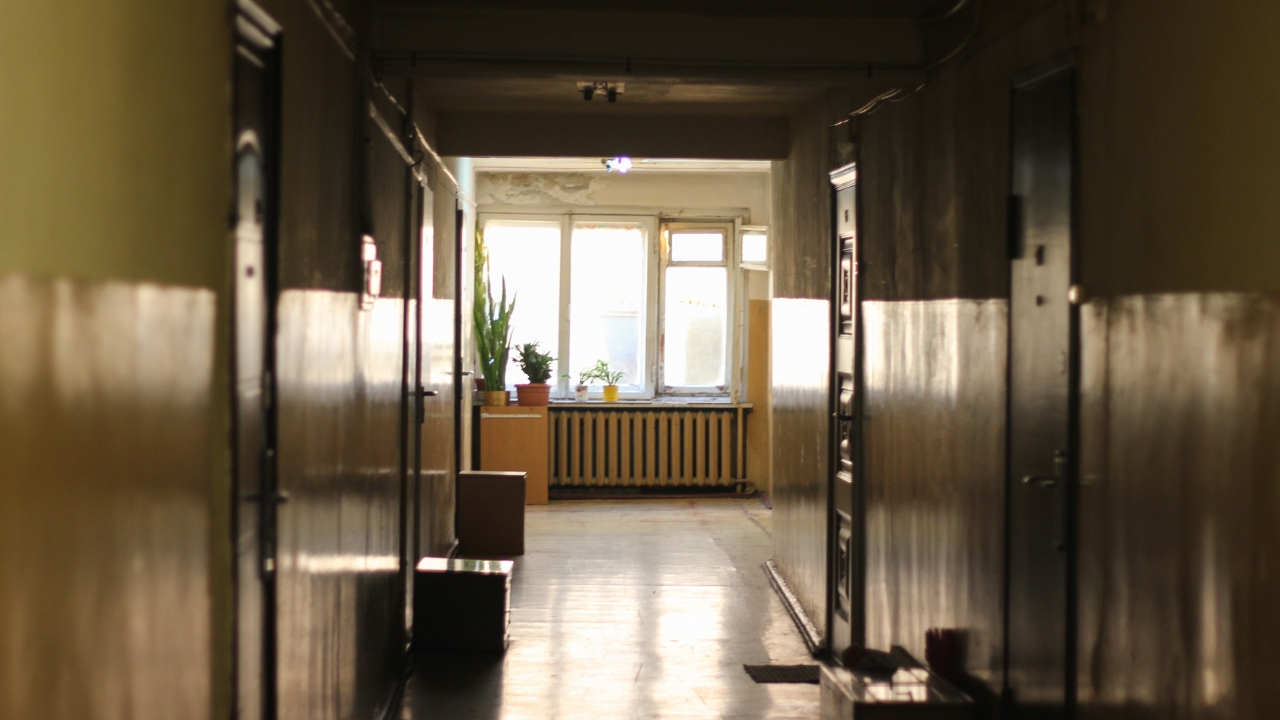
Ever wonder why you feel down on gloomy days? Poor lighting in your home can have the same effect on your mood. According to SAGE Journals, inadequate lighting can lead to increased levels of stress and anxiety.
Natural light is known to boost serotonin levels, which can improve your mood and help you feel more focused. If natural light is hard to come by, try full-spectrum bulbs that mimic daylight.
Temperature Extremes

Did you know that the temperature in your home could be adding to your stress? Research suggests that extreme temperatures can make you feel irritable and anxious. Being too hot can cause discomfort and restlessness, while being too cold can make it difficult to relax.
Keeping your home at a comfortable temperature, ideally between 68-72°F, could help reduce stress and improve your overall mood. Smart thermostats like Nest or Ecobee can help maintain these ideal conditions without much hassle.
Indoor Air Quality: The Hidden Dangers of Pollutants
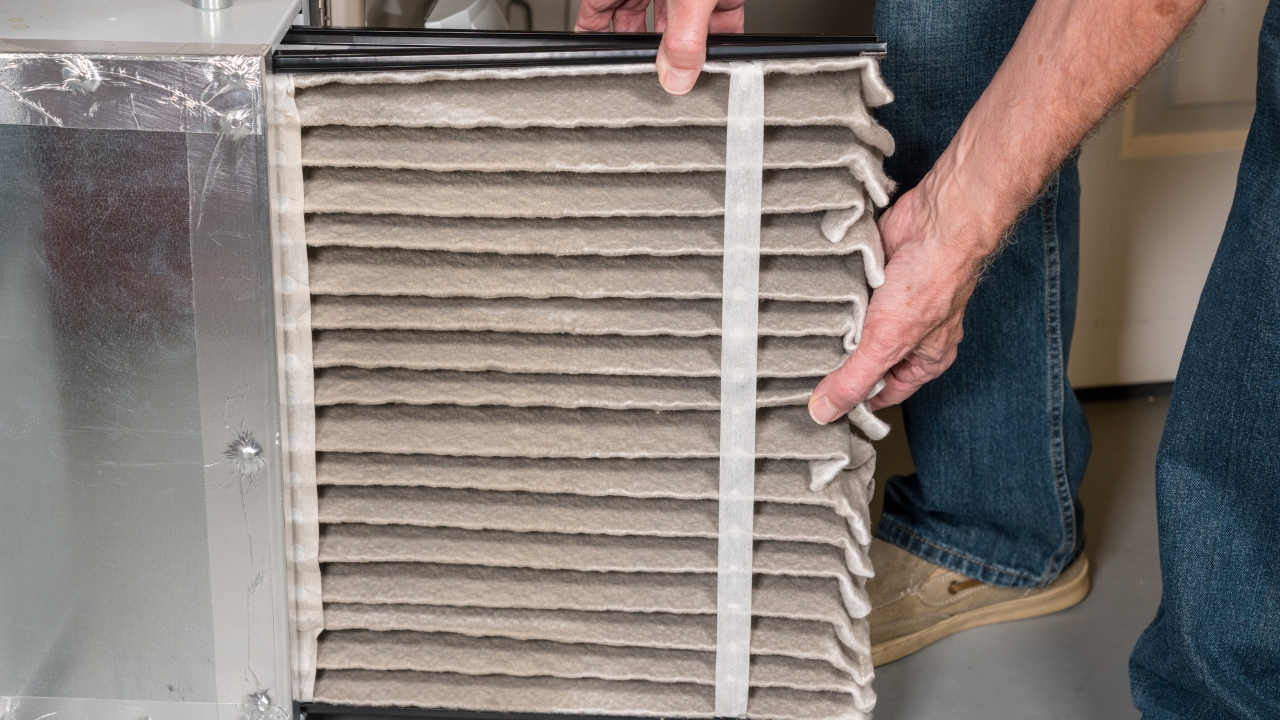
Indoor air quality is often overlooked, yet it’s crucial for your well-being. Pollutants like dust, mold, and pet dander can exacerbate allergies and respiratory issues, leading to increased stress.
According to Medical News Today, poor air quality can even affect your mood and cognitive function. Regularly changing air filters and incorporating houseplants like spider plants or peace lilies can help purify the air and reduce stressors.
Lack of Natural Elements
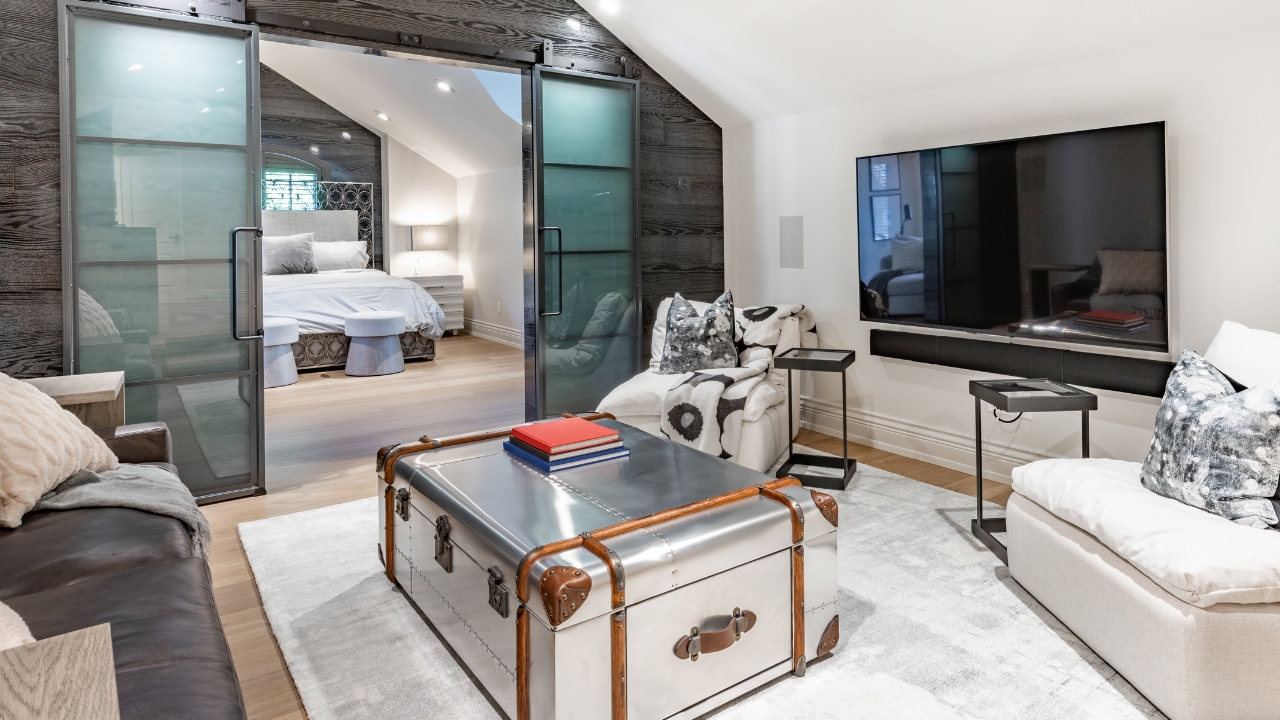
Craving a bit of greenery might be your body’s way of telling you it needs a stress-relief boost. Nature is known to have calming effects, and having plants indoors can enhance your mood and reduce stress.
Studies have shown that even a small plant on your desk can help lower anxiety levels and increase feelings of well-being. If you’re not a plant person, consider nature-inspired artwork or simply spending time outside to get your green fix.
Uncomfortable Furniture

Ever noticed how sitting on an uncomfortable chair can put you in a bad mood? Uncomfortable furniture can lead to physical discomfort, which can quickly turn into mental stress.
If you’re spending a lot of time on a cheap office chair or a sagging sofa, it’s worth investing in something more supportive. Ergonomic chairs and well-cushioned sofas can make a world of difference, helping you maintain good posture and reduce physical strain.
Overstimulation:

In a world filled with distractions, your home should be a sanctuary. However, too many visual stimuli, like busy patterns and bright colors, can make it hard to relax.
According to this book, simplifying your decor can help create a more peaceful environment. Neutral tones, minimalistic design, and organized spaces can all contribute to a more calming atmosphere.
Digital Overload

In our tech-driven world, it’s easy to become overwhelmed by screens and devices. The blue light emitted by screens can disrupt sleep patterns and contribute to feelings of stress. Setting boundaries, like screen-free zones or times, can help reduce digital overload. Consider implementing a “no screens after 9 PM” rule to give your mind a break.
According to the Mental Health Foundation, stepping away from screens and engaging in physical activities can also improve mental health.
Lack of Personal Space

Everyone needs a place to escape, even if it’s just a cozy corner of your home. A lack of personal space can make it difficult to relax and recharge, leading to increased stress. Carving out a small area that’s just for you, whether it’s a reading nook or a meditation space, can make a big difference.
Personalizing this space with items that bring you joy or calm, like a favorite book or a scented candle, can create a sanctuary that helps you unwind.







